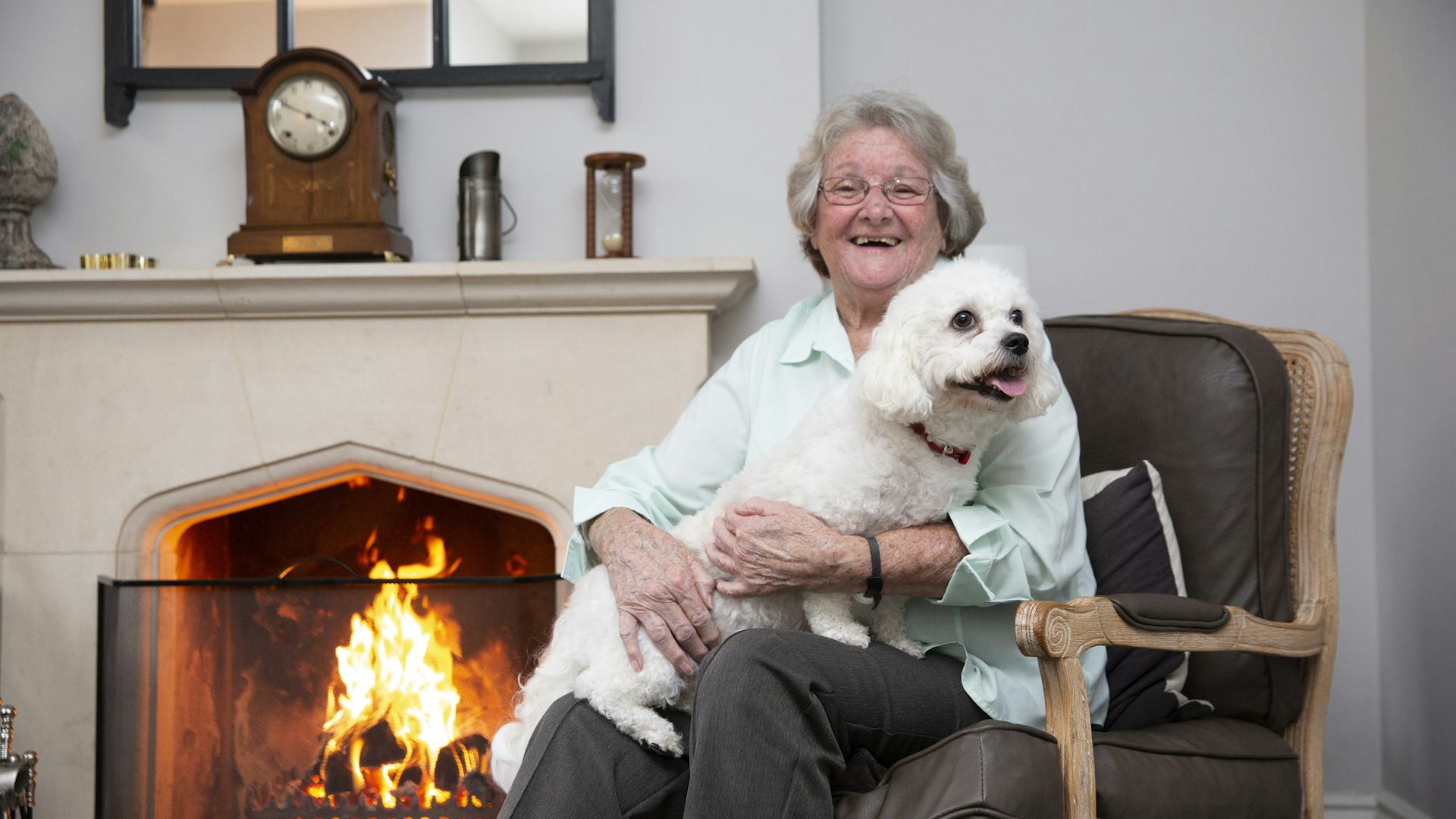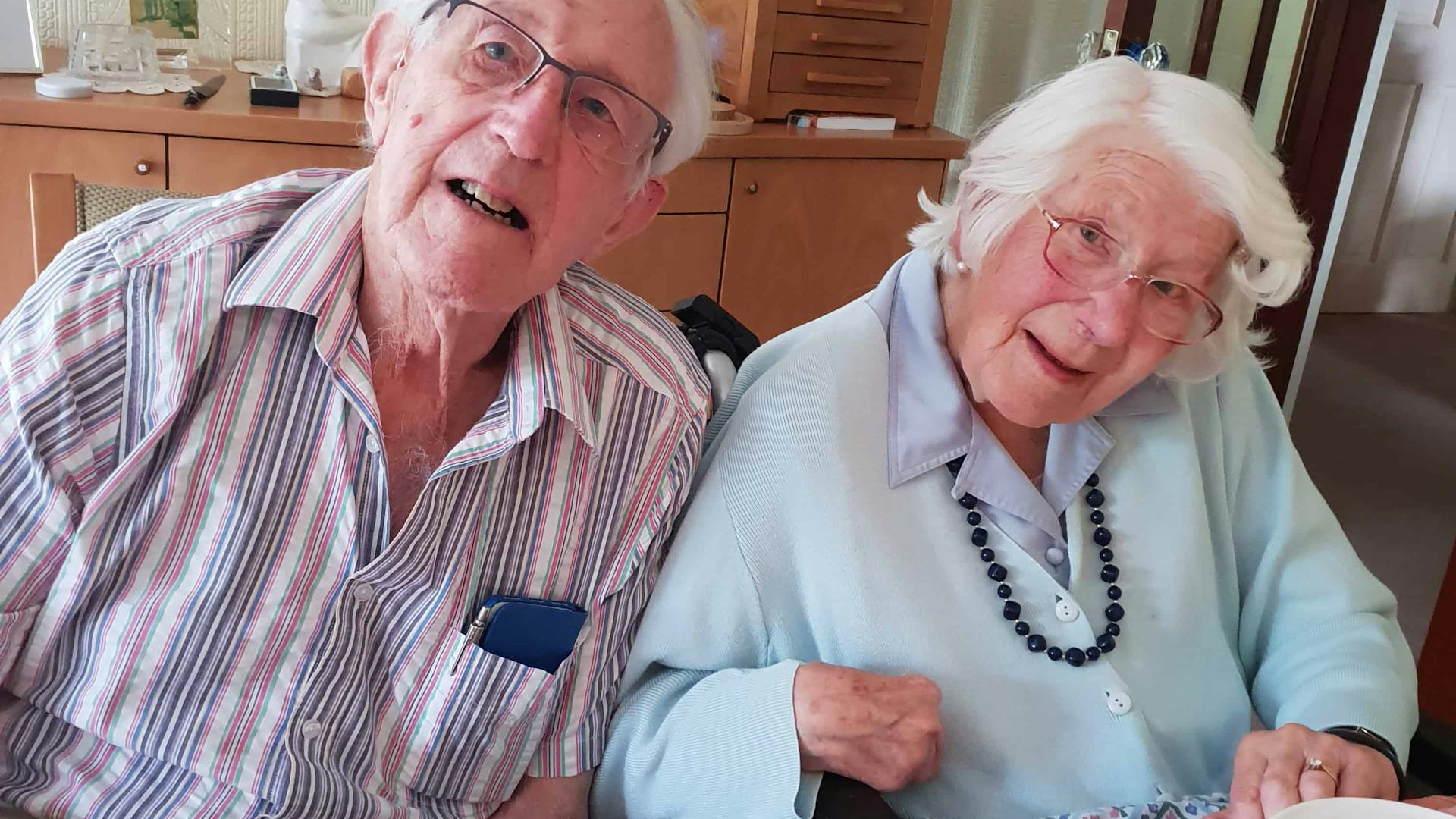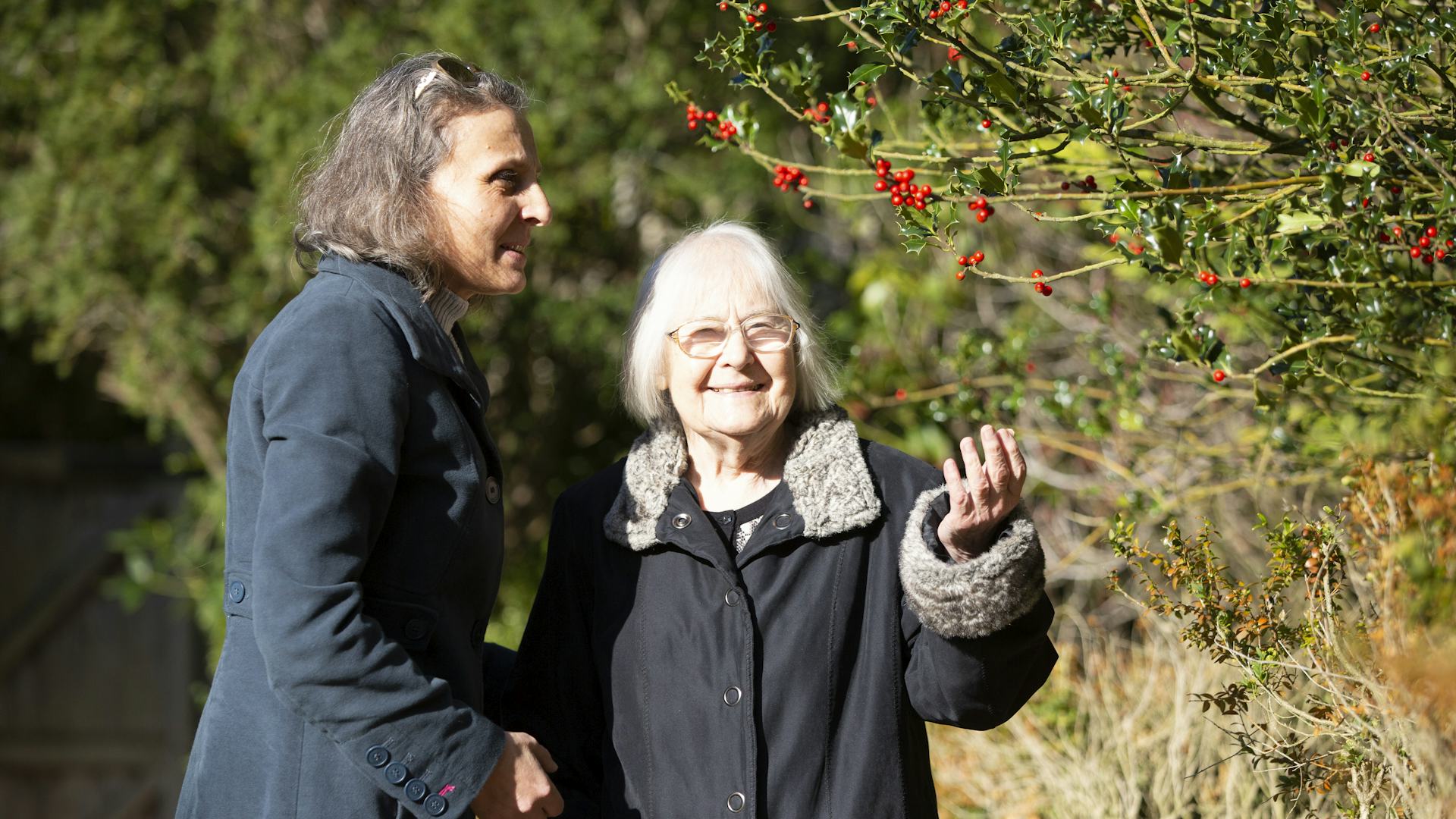How to support with elderly parents at Christmas

Growing up as a child we all loved Christmas. Often our parents would be competently organising and running the day. However, as we all get older and time passes, we sometimes start to notice differences in our parents. Some of these changes can be difficult to manage. So, how can we best support our elderly parents at Christmas?
Many of you will have memories of the festive period of your parents warning you that Nan or Grandad may say something “silly.” Many will have often wondered what silly things will be said this year. It can seem funny to us when we are younger, but as adults, it can have a different effect on us.
We know our parents are getting older and as time goes on there is a chance their health will deteriorate in some way. As medical science has improved over the years, elderly people are more easily diagnosed with health conditions by GPs and hospitals. Medical advancements have also lead to a development of ta collective understanding of these conditions and how common they are, and how to manage them.
Common changes we see in the elderly
Now we are the adults, the roles have changed and we are the ones looking out for our parents. Each year we notice our parents change. There may be the situation where one of our elderly parents or relatives says something out of the ordinary and unexpected.
The festive period is one where families get together often without having seen each other for a while it can seem like old age has suddenly started to appear from out of nowhere and our parents may need that extra support.
It may not just be something your elderly parent has said. You could may notice one of your parents struggling whilst trying to get out of a seat, or even sit down into one.
There is that sudden realisation that the once nimble and go get ‘em parent is no longer the person we have always respected and looked up to. This is known as a “S.L.O.MO” which stands for a Suddenly Looking Older Moment.
It is important to recognise this. We should explain to our children about their grandparents getting older, make sure we manage these unexpected behaviours properly, and seek support for them if necessary.
How to handle the funny things elderly parents may say

An elderly parent may unexpectedly start to say something unusual and out of the blue. To them, at the time, it is real, and they do mean it. How do you manage the situation you now find yourself in?
Let’s say, for example, one of your parents says, “Where has the sheep gone?” How would you respond?
You could engage with them and have a conversation about the sheep, or you can find a way to change the subject. If you choose not to have the conversation, you must be careful not to make your parent feeling embarrassed or silly in front of a room full of people.
One way could be to acknowledge them, and that they have said something, but without drawing attention to what they said being strange. For example, “I don’t think we have the sheep anymore”. Then try change the subject. You could change the subject to dinner, a film on the TV or to something more current to the environment you are in.
One of the best ways to work with these situations is to use a method known as contented dementia. Contented dementia is where we join the person in their world and stay there with them.
Using the same example of the sheep. You can ask where they have seen a sheep. It is something that is stuck in their memory, it may just be something recent and unrelated.
You will have time to look at the situation later in private where you can think about it more, along with any possible worries you have. For now, it is time to enjoy having everyone together.
You are not being rude by changing the subject, you are helping to protect them from feeling silly or embarrassed. This is important to help your elderly parents and everyone to continue as usual and enjoy the festivities together.
How to offer help to elderly parents at Christmas

You may notice that your aging parents are not as nimble or mobile as you remember them from the last time you had seen them. It may be that the last time you see them, you did notice something, but since then, their mental or physically capacity has declined.
Christmas is one of those times we are able spend more time than usual in each other’s company. This also means we get to see each other more in the day than we usually would when just visiting our elderly parents.
This time allows us to see our parents doing more of their daily things like standing, sitting and carry things such as plates and presents about. You may notice that they are slower, more unstable, or completely incapable of completing these daily tasks.
For elderly people, accepting help can be a difficult thing to do. They could find it embarrassing. It is important to show them respect and be polite. The key point is to remember to do things with the person, and not for the person. If you are sat near your parent or grandparent, you could quickly go over to them and say, “Let me help you” and offer them an arm to help steady them or take what they are carrying. Because it is quickly done, this gives your relative less time to think and allows you to successfully offer help. There will be times you may still get a “No”, but you can say “It’s not a problem, here you go.” When you are being polite, you may find that the person you are trying to help is less likely to turn down your offer.
Elderly people often promote the need for respect and politeness. Knowing this, it can often be difficult for the elderly person to refuse help that a younger person may offer in a polite manner.
How can we effectively help our elderly parents?

One of the most effective ways is to show compassion and empathy. Listen to the things they say and be sympathetic to them. If an elderly person says that they are okay, you can quickly reply with “I know you are okay, but I just want to help.”
To save embarrassment, and to get through Christmas happily, these situations needs to be low key. Things need to seem that they are not a problem or a concern and that you are just being that little more helpful than normal. Helping someone over Christmas can also be the key to helping them that little more all year round. If they are open to a little help at Christmas, they may be easier to approach later when you go to visit them.
Everyone wants to keep their own independence and to still be self-sufficient as they grow older. Helping slowly, a little at a time, allows the elderly person to do what they can and to easily accept help where they need it. Over time, the help and support they are willing to accept will easily grow as they understand you are there to offer them the support which they need to stay more independent.
Once the elderly parent is happy receiving help from a relative, it will also be easier to approach the subject of any medical support they may need. You will even be able to talk more easily about getting them support from a carer as their needs develop. They may prefer to have help from a professional carer who could pop in at mealtimes or just help a little with things around the home.
What can Trinity Homecare offer?
Trinity Homecare has over 25 years of experience providing the of bespoke in-home care services of the highest standard. We appreciate that no two people are the same, each with requiring different levels of support. Each person we support has their own bespoke individual care plan, providing the most comprehensive range of in-home care for you; from Live-in care, visiting care and many other services including respite care.
Our full range of services can be found in our types of care section. Trinity homecare has a great guide selection for dementia along with other advice. Trinity offers several services for those living with dementia and many other conditions. These services range








